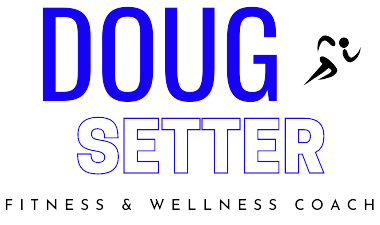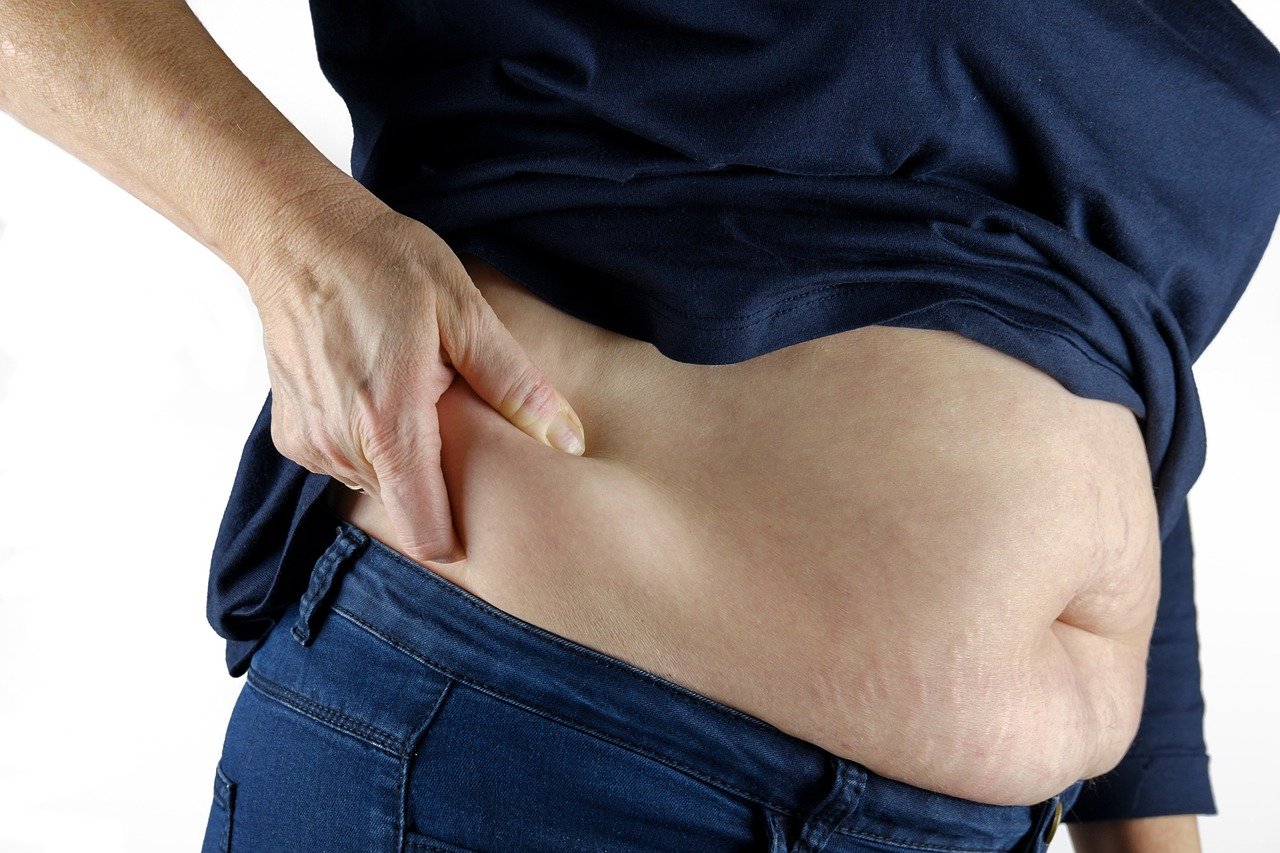The Big Fat Skinny Lie About Fat
“That’s way too much fat!” the overweight woman said pointing at some groceries at the check out. The overweight woman in her baggy clothes was criticizing a fit looking woman, who looked like she just walked out of a gym.
In one glance, I could see proof of who was eating healthier.
The fit woman’s groceries were meat, butter, vegetables, and yogurt. Just behind her, the overweight woman had piles of breakfast cereal, bread, processed food, chips, and pop.
Let’s do a comparison of the food choices:
Fit Woman. High protein, high fat, high fiber, medium carbohydrates, high Calorie, low sugar and nutrient dense.
Overweight Woman. Low protein, low fat, low fiber, high carbohydrate, high sugar, high Calorie and nutrient deficient.
Let’s break down the high Calories per gram. Protein= 4 grams, carbohydrate=4 grams, fat= 9 grams.
Fat clearly has over twice the Calories that carbohydrates have. But fat gives a feeling of fullness (satiety) more than carbohydrates. Good fats (eg. Butter, unprocessed vegetable oils, fish oils) contain fat soluble vitamins: A, D, E and K. Vitamin A is important for skin and eye health. Vitamin D, “the sunshine vitamin,” is essential for muscle and bone growth. Low vitamin D levels are linked to eye disorders and depression. Vitamin E is essential for heart health. Vitamin K is involved with blood clotting.
Note that saturated fat, such as butter takes longer to go rancid (oxidize) than vegetable oils. Whereas vegetable oils go rancid much more quickly. The effects of this are illustrated in a rat experiment. A group of rats fed saturated fats, performed better in mazes than rats that were fed rancid polyunsaturated fats (Pearson & Shaw, Life Extension, 1975, pp 110-111).
And what do zero or low-fat foods replace fat with? That’s right…sugar.
Sugar will cause fluctuations in the blood sugar, destroy healthy gut bacteria, increase fatigue, and dry out the skin. It is much more addictive than fat. Also, one gram of carbohydrate will cause the human body to hold four grams of water. But one gram of protein only holds one extra gram of water. Hence high protein diets tend to release more water weight.
I can quote research all day about the benefits of high protein and fresh vegetables versus high sugar and high empty carbohydrates. But, seeing the living results of two distinctly different choices of food was proof enough for me.




